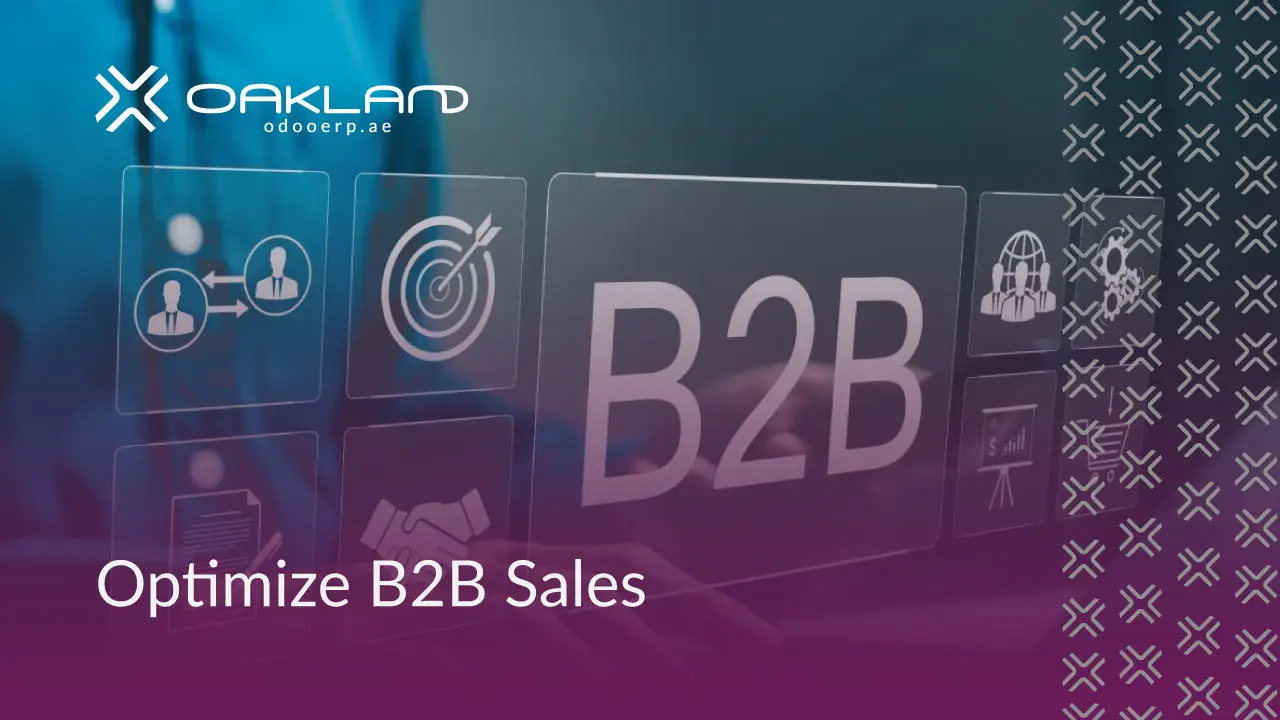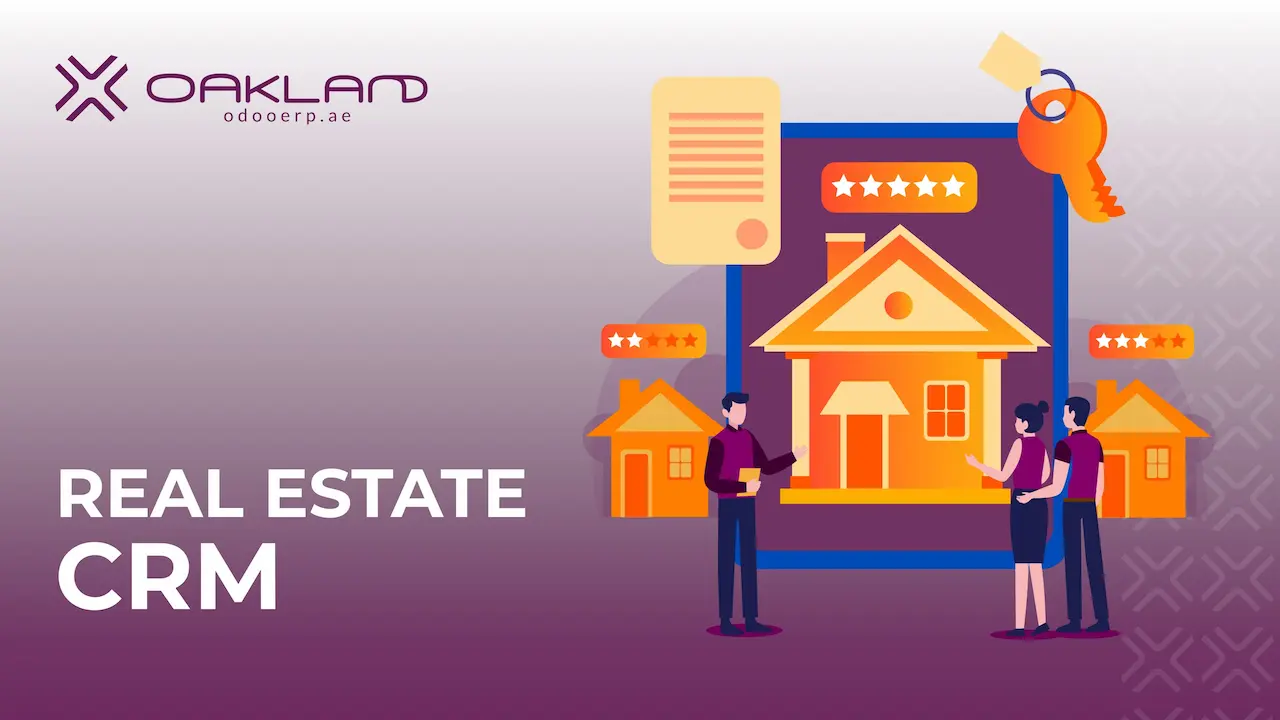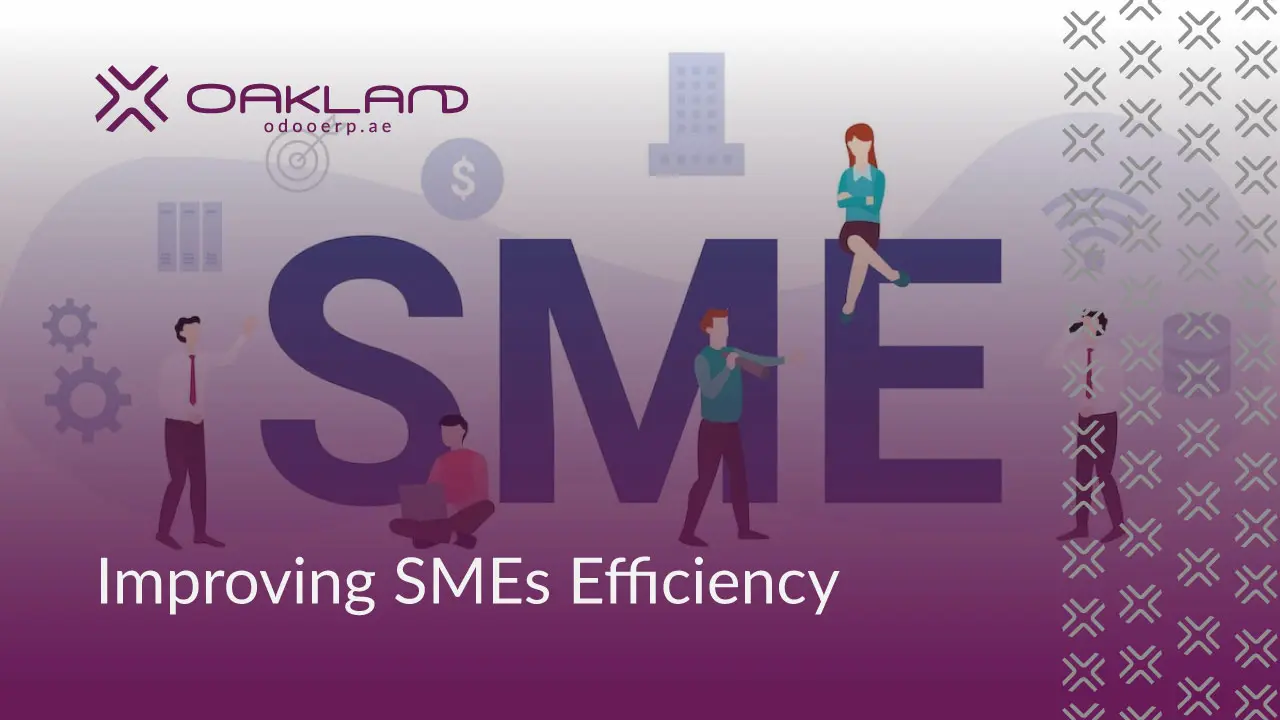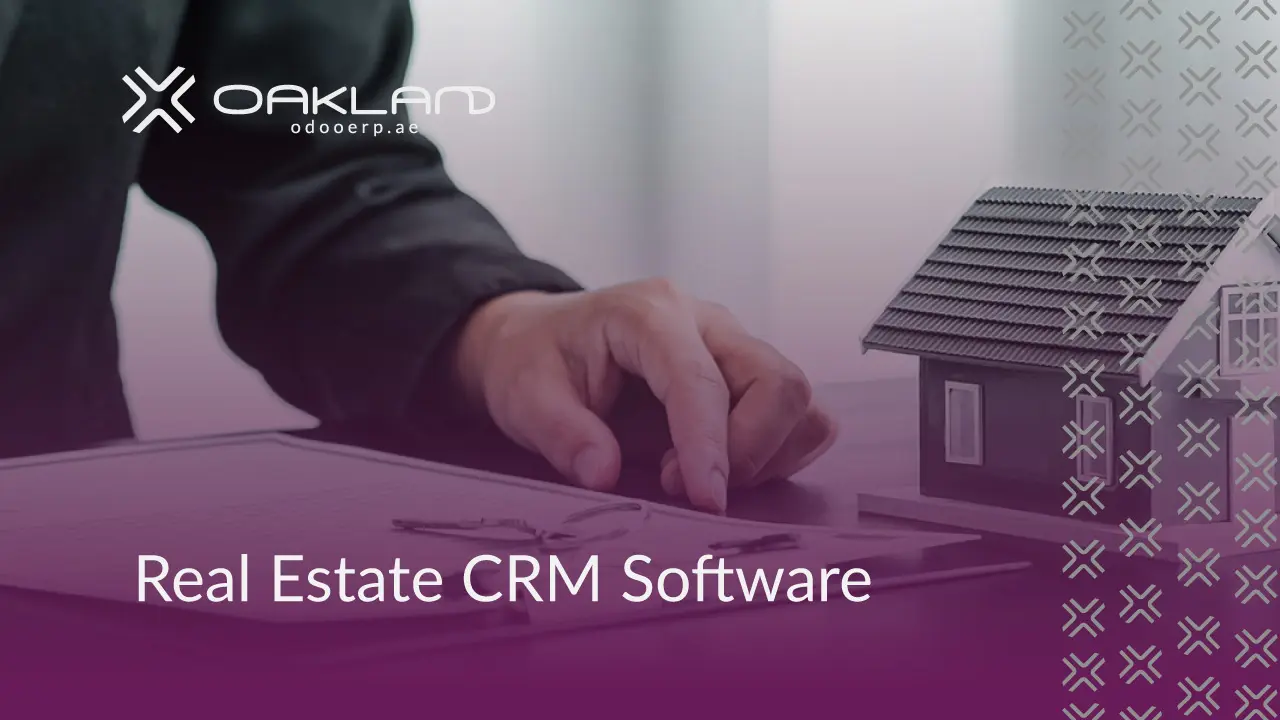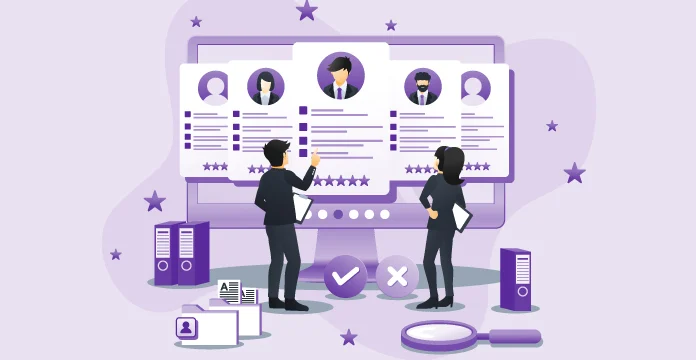You are not satisfied with your sales team’s closing percentage? problem may lie in your sales process and can be fixed with the right tools and few changes in techniques.
What is a Sales Process?
A sales process is a structured series of steps that a sales team follows to convert prospects into customers. It serves as a roadmap, guiding sales reps through each stage of the sales cycle, from prospecting to closing deals. A well-defined sales pipeline ensures efficiency, consistency, and higher conversion rates.
Why Should You Create a B2B Sales Process?
A B2B sales process is essential for businesses that sell to other companies. Unlike B2C sales, which are often straightforward, B2B sales involve multiple decision-makers, longer sales cycles, and a more complex sales funnel. By defining a structured selling process, businesses can:
- Improve efficiency and reduce wasted time
- Enhance sales team performance with clear steps
- Increase repeat business through better relationship management
- Identify and address weak points in the sales pipeline
- Close more deals with a proven approach
Step of sales process
Efficiency of sales process is directly affected by the steps and their order. Following the right order, and doing each step the right way increases the chances of success.
1. Lead Generation and Prospecting
Finding potential buyers is the first stage of the sales funnel. Sales reps use sales prospecting techniques like cold calling, email outreach, and networking to identify decision-makers. Digital ads are also an effective source of lead generation with fast results. A well-managed sales pipeline ensures a steady flow of qualified leads.
2. Discovery
Understanding a prospect’s sales needs is critical to building a strong relationship. Sales reps ask key questions to uncover pain points, business goals, and potential objections. Businesses with customer oriented products must consider Discovery the most important step.
This step helps tailor the sales approach for better engagement. Best price and fastest service are more likely to happen when clients have exactly what they need in the proposal.
3. Qualification
Not every lead is ready to buy. The sales qualification process assesses whether a prospect is a good fit based on budget, authority, need, and timeline. A structured sales process prevents wasted time on leads that won’t convert.
4. Pitch
Once a lead is qualified, the sales rep delivers a compelling sales pitch. This stage involves presenting a product or service as the best solution for the prospect’s challenges. A tailored selling process increases the likelihood of closing deals.
5. Objection Handling
Prospects often raise concerns before making a purchase. Sales reps must address these objections with confidence, providing clear solutions. Common objections include pricing, competition, and product fit. A strong sales approach helps build trust and overcome doubts.
6. Closing
This is the most critical stage of the sales cycle. The sales rep finalizes the deal by securing a commitment, negotiating terms, and signing contracts. A well-structured closing process ensures a smooth transition from prospect to customer.
7. Follow-Up
After closing a deal, maintaining a relationship is key. Sales reps follow up to ensure customer satisfaction and identify upsell opportunities. A strong follow-up strategy increases repeat business and strengthens long-term client relationships.
8. Check-In
A successful B2B sales process doesn’t end after a sale. Regular check-ins help address any issues, gather feedback, and reinforce the sales team’s commitment to customer success. Strong post-sale engagement builds loyalty and increases referrals.
Managing each stage of the sales process
A good strategy is all you need to take your sales process to higher levels. Good strategy starts with effective techniques and here are some of the best ones for each step:
1. Lead Generation and Prospecting
Define Your Ideal Customer Profile – Focus on industries, company size, and decision-makers that match your sales pipeline strategy.
Use Multi-Channel Outreach – Combine cold emails, LinkedIn, referrals, and inbound marketing for better lead sourcing.
Leverage CRM Tools – Track leads and automate follow-ups to maintain a steady sales funnel.
Did you know that Odoo CRM have automations to import leads as soon as they submit their information? You have also templates for emails, custom fields and many more.
2. Discovery
Ask Open-Ended Questions – Gather insights into business needs, pain points, and decision-making processes.
Listen More Than You Talk – Understand customer challenges before jumping into a sales pitch.
Take Notes and Personalize the Approach – Use the information later to tailor your sales strategies.
*Keep all notes in the CRM to avoid forgetting them.
3. Qualification
Use BANT or MEDDIC Frameworks – Assess if the prospect meets Budget, Authority, Need, and Timeline criteria.
Focus on Decision-Makers – Engage the right stakeholders to speed up the sales cycle.
Disqualify Early – Don’t waste time on leads that won’t convert. Move them to a nurture sequence instead.
4. Pitch
Customize Your Presentation – Align your sales approach with the prospect’s pain points.
Use Case Studies & Demos – Show real results to build credibility.
Keep It Concise – Avoid information overload and focus on key benefits.
5. Objection Handling
Acknowledge and Empathize – Show understanding before responding.
Provide Clear, Fact-Based Answers – Address pricing, competition, and feature concerns directly.
Turn Objections into Opportunities – Use concerns as a chance to highlight additional product benefits.
6. Closing
Use a Sense of Urgency – Limited-time offers or bonuses can encourage faster decisions.
Simplify the Contract Process – Make signing easy with digital contracts and clear terms.
Confirm Next Steps – Ensure smooth handoff to onboarding or customer success teams.
7. Follow-Up
Check in Within a Week – Ensure the customer is satisfied with their purchase.
Offer Ongoing Support – Provide training or additional resources.
Identify Upsell Opportunities – Introduce complementary solutions that add value.
8. Check-In
Schedule Regular Touchpoints – Keep communication open even after the initial sale.
Gather Feedback – Use surveys or calls to improve future sales strategies.
Encourage Referrals – Happy customers are great sources for new leads.
Prospecting and lead generation techniques
A strong B2B sales process pipeline starts with effective prospecting and lead generation. Finding high-quality leads requires a mix of research, outreach, and engagement strategies that align with the target audience’s needs.
Understanding the Ideal Customer
Successful prospecting begins with identifying the right prospects. Sales teams analyze industry trends, company size, decision-makers, and purchasing behaviors to define an ideal customer profile. By focusing on businesses that match specific criteria, sales reps can avoid wasting time on leads that are unlikely to convert.
Leveraging Multi-Channel Outreach
A B2B sales funnel thrives on a diversified approach. Cold emails, LinkedIn networking, referrals, and inbound marketing all play a role in reaching potential customers.
Personalized messaging and well-timed follow-ups increase engagement, ensuring prospects stay interested in the conversation.
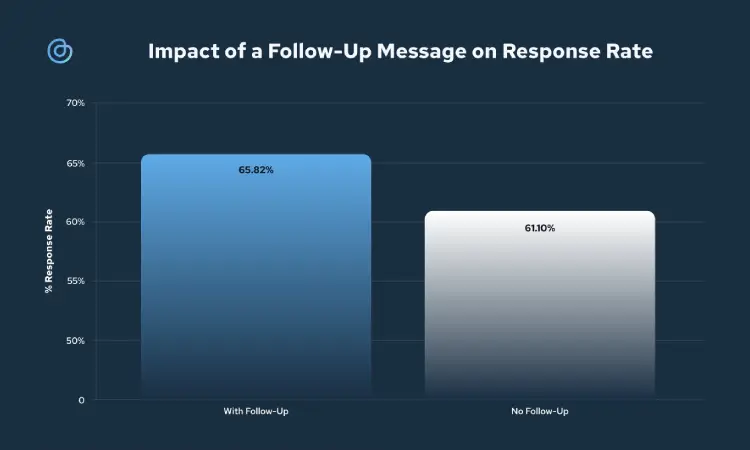
Did you know that Odoo CRM allows you to automate and send personalized Emails, Text messages, and WhatsApp messages to your clients. Just define the variables and let it send them.
Using Data and Automation
CRM tools and automation platforms streamline the prospecting process, helping sales teams track interactions, schedule follow-ups, and analyze response rates. AI-powered tools assist in identifying promising leads based on behavior patterns, allowing sales reps to focus on high-value opportunities.
Building Relationships Before the Pitch
Cold outreach is more effective when it feels warm. Engaging with prospects through social media, commenting on industry discussions, and sharing relevant content builds trust before the first sales call. Establishing credibility early makes it easier to move prospects through the sales cycle and ultimately close deals.
3 Major Success Factors That Drive a B2B Sales Process Cycle
A structured B2B sales process depends on several key factors to maintain efficiency and drive conversions. Businesses that optimize their sales cycle with the right strategies see higher close rates and better customer relationships.
Use the Right Set of Tools
Technology plays a critical role in managing the sales pipeline. A robust CRM system helps track leads, monitor interactions, and automate follow-ups.
Sales engagement platforms streamline communication, ensuring that prospects receive timely and relevant information. Analytics tools provide valuable insights into customer behavior, allowing sales teams to refine their selling process based on data-driven decisions.
How to Define the Right Tools for Your B2B Sales Process
The right sales tools streamline processes and provide valuable insights that help sales teams close deals faster.
- Align Tools with Sales Needs: Every business has a unique sales process, so identifying pain points is the first step. Look for tools that fulfill all your needs, or look for tools with deep customization if you have very specific needs.
- Focus on Integration and Usability: Sales pipeline tools should integrate with CRM systems, email platforms, and marketing automation software for seamless information sharing. Ease of use is equally important—complicated tools slow down adoption and reduce efficiency.
- Leverage Analytics for Data-Driven Decisions: Best sales tools provide actionable insights. Lead scoring software identifies high-potential prospects, while performance analytics track conversion rates at different sales funnel stages.
Form a Dedicated Sales Team
A well-structured B2B sales team is essential for managing different stages of the sales funnel. Sales reps focus on prospecting and relationship-building, while account executives handle negotiations and closing deals.
Collaboration with marketing teams ensures a consistent flow of qualified leads, reducing wasted efforts and improving conversion rates.
Map Your Buyer’s Journey
Understanding the buyer’s decision-making process is crucial for guiding them through the sales cycle. Mapping out each stage—from awareness to purchase helps sales reps anticipate customer needs and tailor their sales approach accordingly. A structured framework ensures that prospects receive the right information at the right time, leading to a smoother and more predictable sales process.
Focusing on Resolution
Learn how to streamline your sales operations and enhance customer relationships from this comprehensive guide. Explore how a robust sales management system, like those offered by Oakland Odoo ERP (odooerp.ae), can transform your B2B sales strategy. By implementing efficient ERP System, you can efficiently manage sales cycles, increase conversion rates, and drive more revenue.
Oakland provides the best sales management solutions in uae tailored to your specific business needs, ensuring seamless integration and boost sales performance. Ready to transform your B2B sales? Click here to fill out our consultation form and let us help you optimize your process and skyrocket your sales today.
